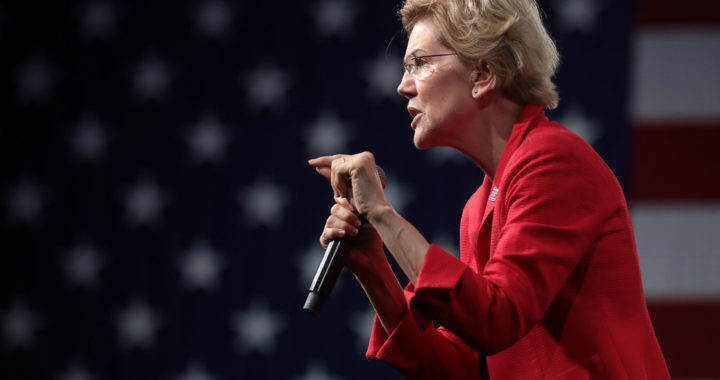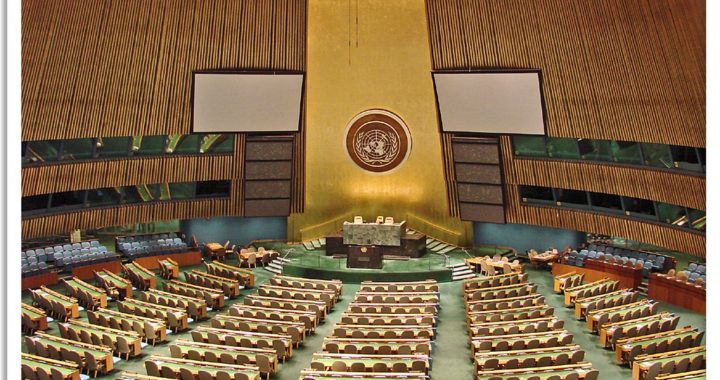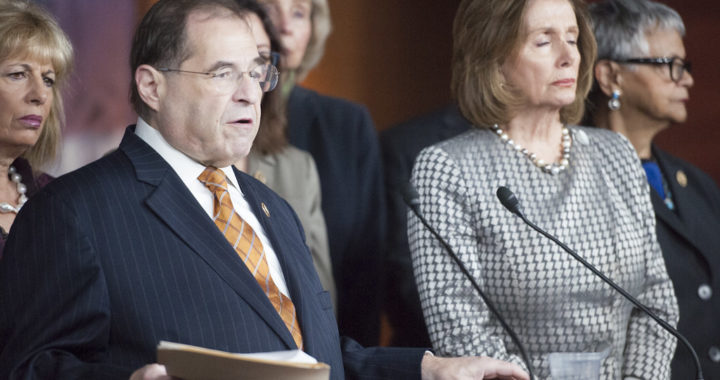Warren Grills Yellen Over Why $9 Trillion BlackRock Not Treated as Risk to Economy
The senator suggested the world’s largest asset manager should be declared “too big to fail.”
By Jessica Corbett
Sen. Elizabeth Warren on Wednesday pushed Treasury Secretary Janet Yellen on why the federal government hasn’t dubbed BlackRock, the world’s largest money manager with nearly $9 trillion in assets under management, “too big to fail” without significantly impacting the economy.
The contentious exchange between the Massachusetts Democrat and former Federal Reserve chair came during a remote hearing of the Senate Committee on Banking, Housing, and Urban Affairs. Earlier this month, Warren was named chair of its Subcommittee on Economic Policy, which oversees economic growth, employment, credit, monetary policy, support for businesses, disaster assistance, and the Financial Stability Oversight Council (FSOC)—which is led by the treasury secretary.
“It isn’t just banks that pose a risk to the economy. In 2008, two investment companies, Bear Stearns and Lehman Brothers, failed, triggering the 2008 crash,” the senator said during the hearing. As a result, she explained, Congress created FSOC and “gave it the power to designate non-bank firms as ‘too big to fail.'”
Firms designated as a “systemically important financial institution,” Warren added, “get the same stronger oversight as the ‘too big to fail’ banks.'” The senator then questioned Yellen on whether FSOC will stick that label on BlackRock anytime soon.
Although Yellen said it is “important to look very carefully” at the risks posed by the firms like BlackRock, she also said that “it’s not obvious to me that designation is the correct tool” to address such concerns with the asset management industry.
Yellen repeatedly pointed out that “FSOC has looked at this issue in the past” and put out a report on the greatest risks posed by such firms. The treasury secretary added that she is “just beginning a work program with FSOC,” telling the senator that risks from asset managers will “certainly” be on the list of issues addressed by the body.
“I understand that when the stock market is going up, it is easy to ignore risks that can be building up in the system. That was the mindset of the regulators that led up to the 2008 crash, and that is how taxpayers ended up on the hook for a $700 billion bailout of the giant banks,” Warren said. “When the party is going strong, it’s the job of the regulators to take away the punch bowl.”
Some progressive commentators praised Warren’s push for more oversight.
“Yellen is clearly very uncomfortable with financial regulation,” tweeted David Dayen, executive editor of The American Prospect. “This was a really bad sequence for her. And good probing from Warren.”
“When the party is going strong, it’s the job of the regulators to take away the punch bowl.”
—Sen. Elizabeth WarrenMatt Stoller of the American Economic Liberties Project remarked: “I like the Elizabeth Warren of 2009-2014, and it appears that she’s back. Janet Yellen probably did not enjoy this back and forth.”
By contrast, a BlackRock spokesperson told CNBC that “we support financial regulatory reform that increases transparency, protects investors, and facilitates responsible growth,” but that the firm shouldn’t face the same rules as big banks.
“The past two administrations in the U.S. and numerous global regulators have studied our industry for a decade and concluded that asset managers should be regulated differently from banks, with the primary focus being on the industry’s products and services,” the spokesperson said. “BlackRock is not a bank, and as an asset manager, we are a heavily regulated company.”
Bloomberg noted Wednesday that “during the Trump administration, FSOC shifted away from attaching risk labels to specific companies and re-directed the council toward ‘activities-based’ oversight. The decision was controversial, with Warren and other Democrats complaining that the panel had relinquished its most potent tool.”
As the news outlet also highlighted:
BlackRock alumni have accepted or are in line for top jobs in the Biden administration, including Wally Adeyemo, a former senior adviser at the asset manager who the president has picked to be deputy treasury secretary. During his confirmation process, Warren questioned Adeyemo—a longtime ally of hers—but refrained from asking whether FSOC should designate BlackRock. The Senate is expected to soon vote on Adeyemo’s nomination.
Vice President Kamala Harris tapped Mike Pyle, BlackRock’s former chief investment strategist, to be her top economic adviser and Brian Deese, who was the firm’s global head of sustainable investing, leads [President Joe] Biden’s National Economic Council.
Even before he took office, Biden faced pressure from progressives to refrain from appointing corporate executives, consultants, or lobbyists to his Cabinet and administration. In response to the president’s selection of Deese, Sunrise Movement political director Evan Weber said that “there are many diverse, qualified people that can help Joe Biden and Kamala Harris Build Back Better who didn’t choose to work at predatory investment firms. The revolving door between Wall Street and the White House does no good for working people or the planet.”
This work is licensed under a Creative Commons Attribution-Share Alike 3.0 License.


